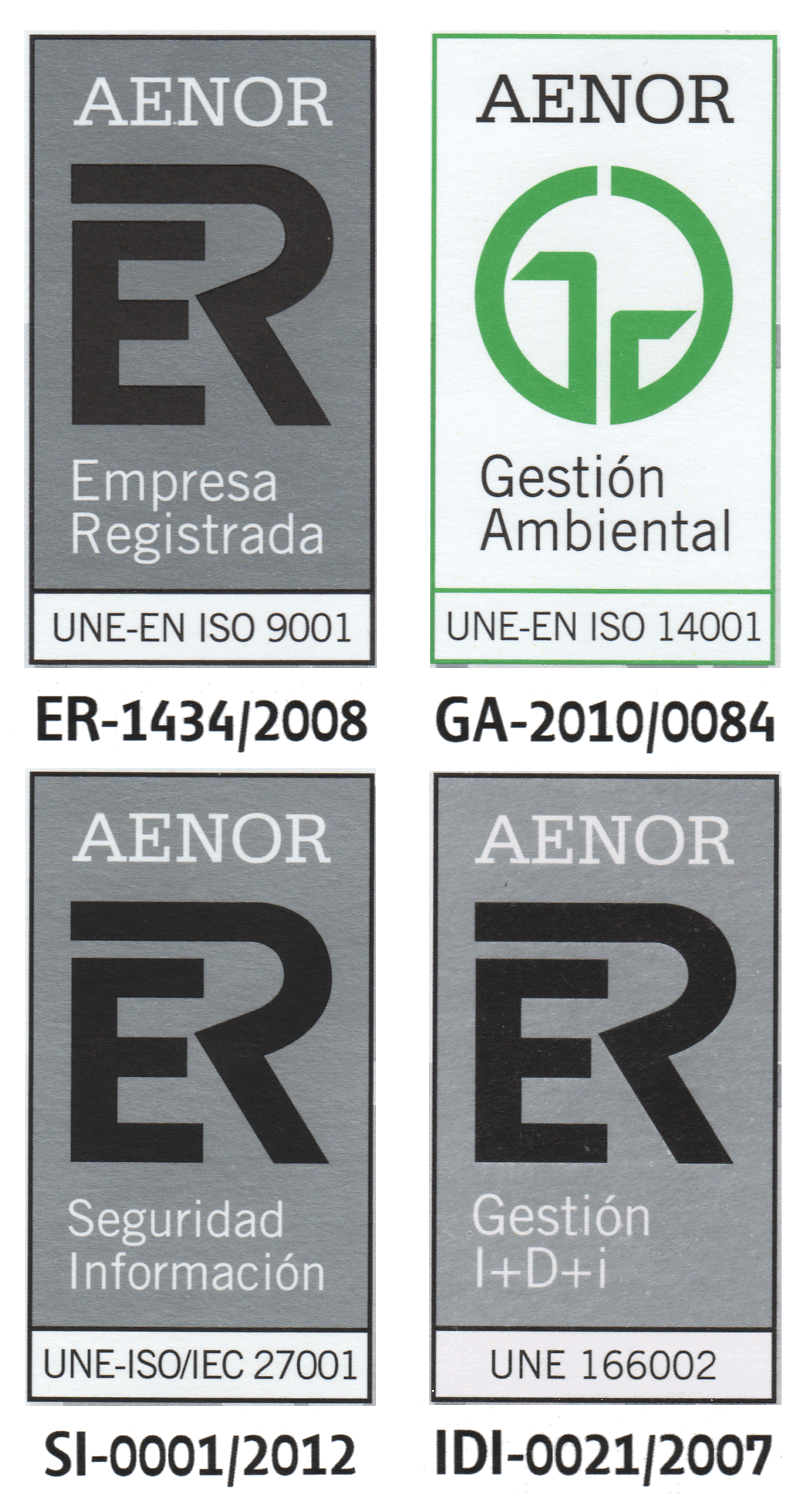From regulated rewriting to computing with membranes: collapsing hierarchies
| Title | From regulated rewriting to computing with membranes: collapsing hierarchies |
| Publication Type | Journal Papers |
| Year of Publication | 2004 |
| Authors | Freund, R., Martín-Vide C., & Paun G. |
| Journal Title | Theoretical Computer Science |
| Publisher | Elsevier |
| Place Published | Amsterdam (The Netherlands) |
| Volume | 312 |
| Pages | 143 - 188 |
| Abstract | In addressing certain problems about membrane computing, a recent and active branch of natural computing, it first was necessary to address certain problems from the area of regulated rewriting. Thus, the present paper is a contribution to both these domains.A central problem in membrane computing is that of the hierarchy with respect to the number of membranes: Are systems with n + 1 membranes more powerful than systems with n membranes? Does the number of membranes induce an infinite hierarchy of the computed functions? Usually, when proving the universality of membrane systems (also called P systems), one starts from a matrix grammar and the number of membranes depends on the number of non-terminal symbols used by this grammar in the so-called appearance checking mode. We first prove that recursively enumerable languages can be generated by matrix grammars with only two non-terminal symbols being used in the appearance checking mode. The proofs of this fact and of several related results are based on a simulation of register machines by means of graph-controlled grammars.Then, we consider three classes of membrane systems, and in all the three cases the hierarchies with respect to the number of membranes are shown to collapse at level four: systems with four membranes are computationally universal (but we do not know whether or not this result is optimal). |
| Keywords | graph-controlled grammar, matrix grammar, Membrane computing, non-terminal complexity, P system, programmed grammar, recursively enumerable language, register machine, regulated rewriting |
| URL | http://portal.acm.org/citation.cfm?id=980017.980018&dl=GUIDE&dl=GUIDE&CFID=15151515&CFTOKEN=6184618 |
| Issue | 2-3 |
| ISSN Number | 0304-3975 |
| DOI | 10.1016/j.tcs.2003.08.006 |



